Talking Shop
On this talking shop episode, Sarah reviewed an inspiring poetry book, ‘Newspaper Blackout’ by Austin Kleon, which described and demonstrated the unique form of blackout poetry. Ashley discussed an article by the name of ‘Summoning Ghosts and Releasing Angels: Challenging the Tyranny of the Blank Page’ by Amina Alyal and Oz Hardwick.
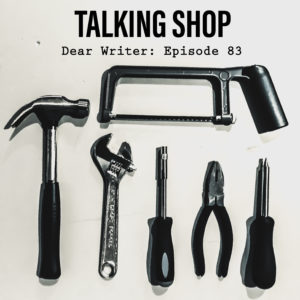
Episode Summary:
Sarah’s Tool of the Month:
Crafting Novels & Short Stories: The Complete Guide to Writing Great Fiction – From the Editors of Writer’s Digest – Focus on the Writing Life: Getting Started – Get off Your Butt and Write.
This is the first chapter of a much longer, incredibly detailed book on the craft of writing fiction. I have very high hopes for this book, as it seems incredibly thorough and is broken down into seven parts: 1) Characters; 2) Plot and Conflict; 3) Point of View; 4) Setting and Backstory; 5) Dialogue; 6) Description and Word Choice; and 7) Revision. I’m actually really excited about diving into it and may cover other parts of it in future talking shop episodes, but decided for the focus of this episode I’d discuss the very first chapter which has some very handy hints about the writing life and mindset. It started by talking about writing being a choice. We all have giant to-do lists, there’s no doubt about that. But we also all only have so many minutes to every day, and we have to choose how we spend those minutes. It’s not always as easy as choosing between something you don’t want to do, and something you do want to do. Spending those minutes means choosing to do the thing you want to do most with your time, and to be successful as a writer, your writing (unsurprisingly) has to be close to the top of that list. It doesn’t mean you can’t do other things, but you have to choose to write.
Next, it discussed making writing a habit. It likened writing to exercise—you don’t do it because it’s fun all the time. Training is tough, but you do it for the final reward (and a few surges of adrenaline on the way). “The writing habit, like the exercise habit, is its own reward. When you don’t do it, you feel as if you’re cheating yourself. Real writers don’t sit around and wait for inspiration to strike before they put fingers to the keyboard; they put fingers to the keyboard and know that somewhere during those hours they will discover small nuggets of inspiration.”
They discussed a few tips for developing a writing habit:
- Set aside a set amount of time every day (their suggestion was to start with half an hour or an hour). Or, make the goal to write a set amount of words.
- Write at the same time every day if possible—that way it will feel strange if you are NOT writing!
- Write even when you don’t feel like it. Real writers write!
Finally, they talked about developing a writing plan and gave some guidelines to help better organize your writing time.
They suggested to 1) Set reasonable, measurable goals: A specific goal with a due date helps to get words down on the page. Even better, developing your own reward/punishment system serves as extra motivation. 2) Divide and Conquer: Instead of lumping everything together in one mammoth goal (I’m going to write a book by X far-off date), break it down into manageable chunks and shorter time periods. 3) Create a plan of ordered tasks: Setting an order to your tasks frees up mind space as you always know what to focus on next and further breaks down your goals into manageable steps. 4) Select dates and stick to them: I think this one speaks for itself! Mark dates on a calendar—this helps to visualize your goals and set a solid deadline. 5) Work Backward: And extension from the previous point—once you have the project due date written down on the calendar, work backward to figure out how much time to allocate to each task. Allow a little wiggle room for unexpected delays.
Even with just the first chapter of this book, I can already see it’s going to be an interesting read, and it was really good to remind myself of these all important points, especially right now when my focus is a bit divided. Not all of their suggestions will work for me, and you might find the same, that not everything I’ve mentioned here is productive to your own writing mindset. But, it gives a great starting point for developing consistent writing habits and working toward finishing each project which I think is extremely valuable, especially for anyone starting out on their journey.
Ashley’s Tool of the Month:
Fantasy Worldbuilding: The Power of Detail by CS Pacat in the Journal Writing Queensland, Issue 258, 2017, 14-15
This is a short article detailing how a fantasy writer builds up their world. I was drawn to this article as I felt there are quite a few fantasy authors who listen to this podcast and I feel that the lessons from fantasy world building can be applied to helping create visceral settings generally.
The author begins by describing worldbuilding as an act in three parts.
- building
- creating a sense of authenticity
- expositing
In other words, first the world is imagined, then it is made believable, then in must be relayed to the reader through exposition – termed ‘the invisible work’ that goes into a novel.
To quote the article, “Novels are frequently judged by their prose, but the words on the page comprise only a small part of the work of writing.”
In a good fantasy novel, the world feels alive because of the sheer amount of imaginative detail that has gone into making everything in it. Detail is incredibly important to all three stages — they must first be imagined (harder than in looks). We tend to notice the large features, ie, the big table, before seeing the scratch on the table’s leg. Imagination works the same way and so does world building. Authors tend to be drawn to the ‘big ideas’ first. Ie, seasons lasting years or dragons exisiting. If not these big ideas, than the big set pieces – geology, geography, climate, society, culture etc. Once we get to the minutiae, our imaginations are exhausted and it’s easy to get lazy and decide to leave out some details.
But this is when it’s most necessary. You merely overlay the world you built with “enlivening details”.
“A single detail implies the existence of a thousand others.” The reader believes that there are a multitude of fine details if they looked close, even though you only spotlighted a single one.
“Each detail also builds the world, like uncovering a new section of a map.” Author uses an interesting example from LOTR – hobbits live in holes in the ground. This makes middle earth feel more real because the ground must exist as creatures live in it. IN a similar fashion, authors can create the same authenticity by including details like under, over, behind etc. What’s behind the log? Or under the rug? This makes the objects feel 3D though detail.
Details make objects seem like they have a history, ie, a table scuff implies that the table was once scuffed by something and therefore existed before the scene. Think words like rusted, chipped, worn etc
Finally, the author talks about adding too much detail – when do you stop? The author suggests asking what your character would notice which in itself adds another layer of authenticity.









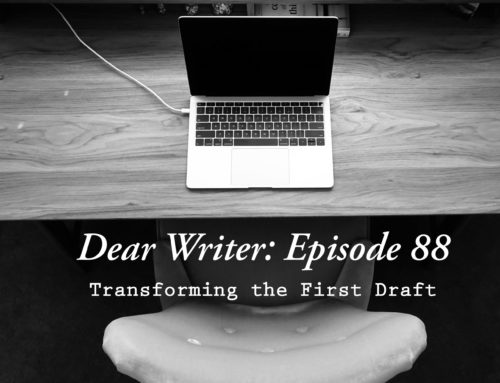
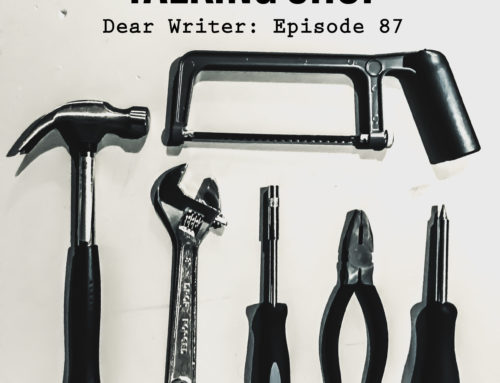

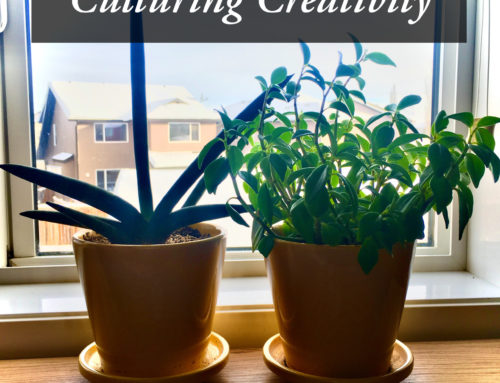



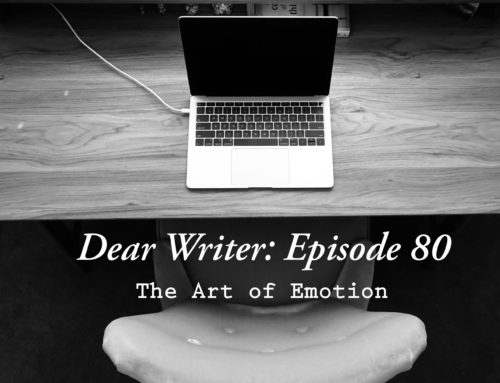
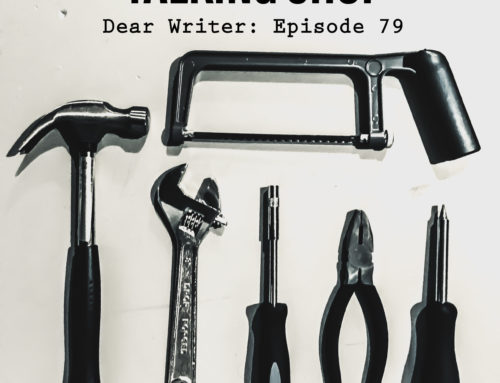

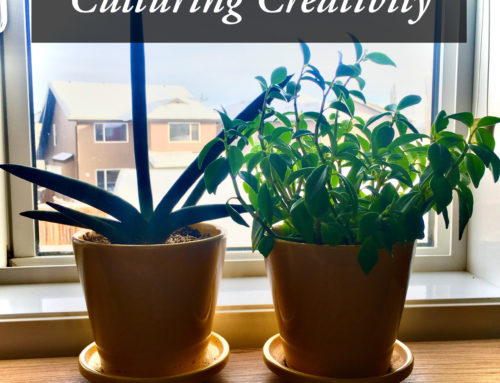
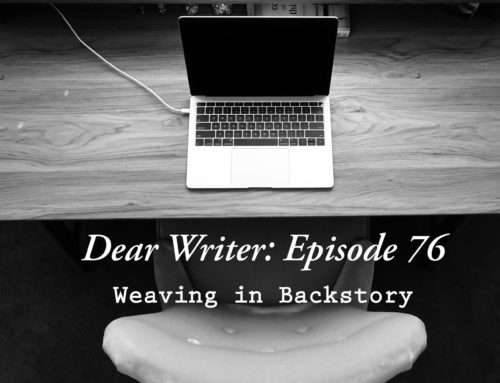
Leave A Comment